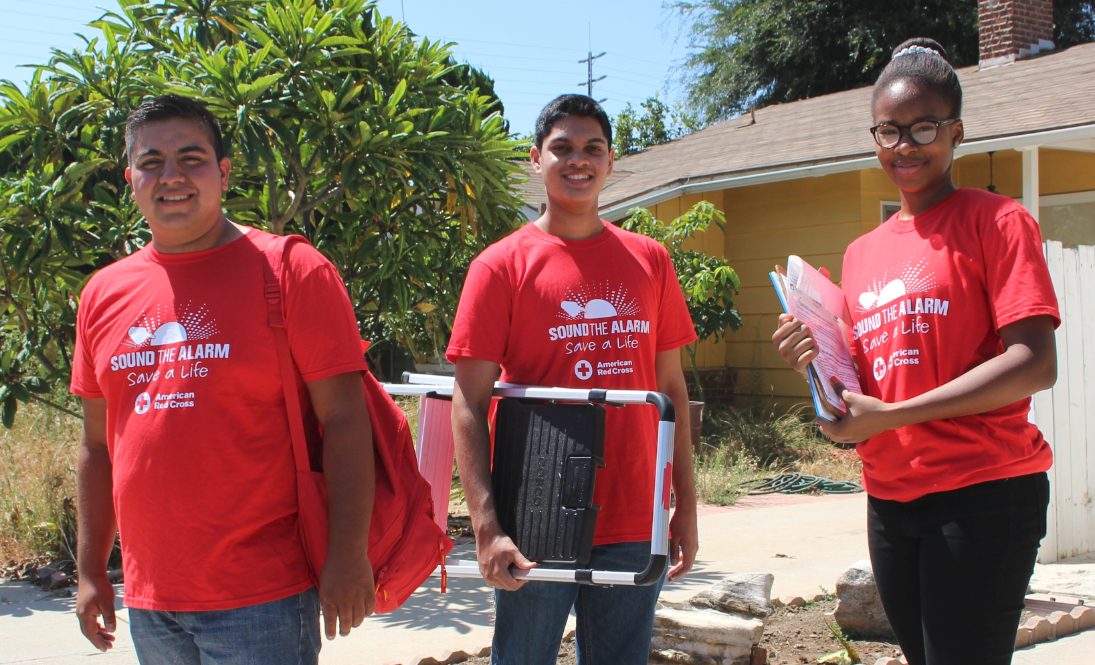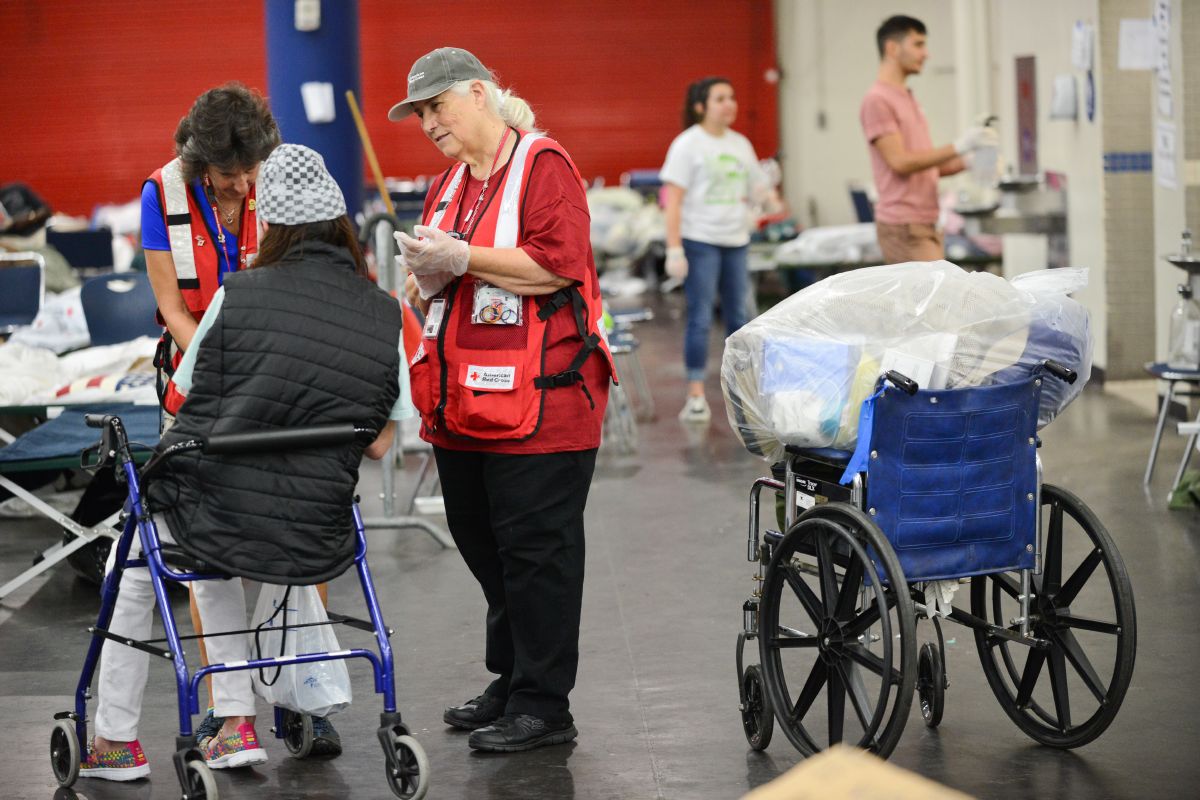On Monday, August 5, the American Red Cross was summoned before the powerful Finance Commission of the International Federation of Red Cross and Red Crescent Societies (IFRC), the governing body of all national Red Cross societies. But we weren’t there for a challenging or unfortunate circumstance. Rather, we’d been asked to showcase a national American Red Cross pilot project between the Los Angeles Region and the Salvadoran Red Cross.
Joining American Red Cross senior vice president for Service to the Armed Forces (SAF) & International Services, Koby Langley, and the Salvadoran Red Cross Chief Operating Officer, Paola Alvarenga, I was honored to present on the work that has begun on our Hermanamiento program with El Salvador.
Hermanamiento is a word in Spanish that roughly translates to “partnership between close friends.” And we certainly are friends with our Salvadoran colleagues. The American Red Cross has focused its own resources on program development in the Americas—with El Salvador as one of its four focus countries in the region – for over 10 years.
Seeds for this new partnership were planted in April 2018. At a meeting of the IFRC Finance Commission, Chairman Abdulkader Husrieh from Syria encouraged the American Red Cross to pursue a program that might connect effective Red Cross chapters in the United States to other national societies that would benefit through training and knowledge-sharing. Langley embraced this challenge from the IFRC with gusto, inviting the Los Angeles Region to be the first region to partner. Last fall, I began working with the American Red Cross regional representative for Latin America, Roberto Brito, to flesh out what this program could look like, then we traveled together to El Salvador to consult with leaders of that national society.
Based on their strategic plan, the goals we identified last December for collaboration and training were fundraising, volunteer management and board governance. The first priority was fundraising. Currently, the Salvadoran Red Cross raises about $200,000 annually through charitable contributions. With the Salvadoran Red Cross, we set our training goals first on skills transfer to executive leadership in-country, including portfolio planning practices, use of fundraising platforms to track and steward donors and strategic marketing support for fundraising efforts. Last June, leaders joined us here in Los Angeles for that training.
At the end of August, we will return to do broader training with staff and volunteers in El Salvador. The program for these individuals will be developed by Paola Alvarenga and her team, in consultation with the Los Angeles Region team led by Mariana Celestino and staffed by Stephanie Grande, Marilyn Jimenez and Jillian Robertson. I’ll be back in El Salvador to support this training with additional workshops with the national society’s governing board. We expect that we will return in a few months to do more trainings outside of the capital San Salvador to reach a broader cross-section of staff and volunteers.
All of these plans were the focus of the presentation before the IFRC Finance Commission. Their particular interest was in seeing national societies become more self-sufficient, with more focused and effective fundraising strategies.
Our work in El Salvador – not as mentors, but as partners – has been shared by the ARC International Services team as a promising practice for building capacity within other national societies, and also highlighting the highly effective manner in which the American Red Cross focuses its resources outside of the United States with long-term regional partners.
In the end, it seemed to go well. There were lots of questions. We had been allotted one hour, but we ended up remaining with the commission for well over ninety minutes, fielding questions from commission members from China, Burkina Faso, Haiti, Kenya, Australia and the United States. Quite an international membership for the international governing entity to which our Red Cross belongs. All told, a humbling honor and a learning experience. While I didn’t have time to take in any of the sites in Geneva, I did have the opportunity to tour the new IFRC headquarters and to meet with international program leaders in national society development, disaster response, technology and fund development. Quite a trip!
This is the list of the IFRC Finance Commission members. Thanks for all your support.
Mr. Abdulkader Husrieh (Syria)
Ms. Adèle Congo-Kabore (Burkina Faso)
Mr. Byron Pollitt (USA)
Ms. Patel Sheena (Kenya)
Mr. Andres Terrero Alcantara (Dominican Republic)
Ms. Gesly Lévêque (Haiti)
Mr. Horace Kwan-hor Chau (China)
Mr. Armand Arreza (Philippines)
Mr. John Dorrian (Australia)
Mr. Erkki Liikanen (Finland)





